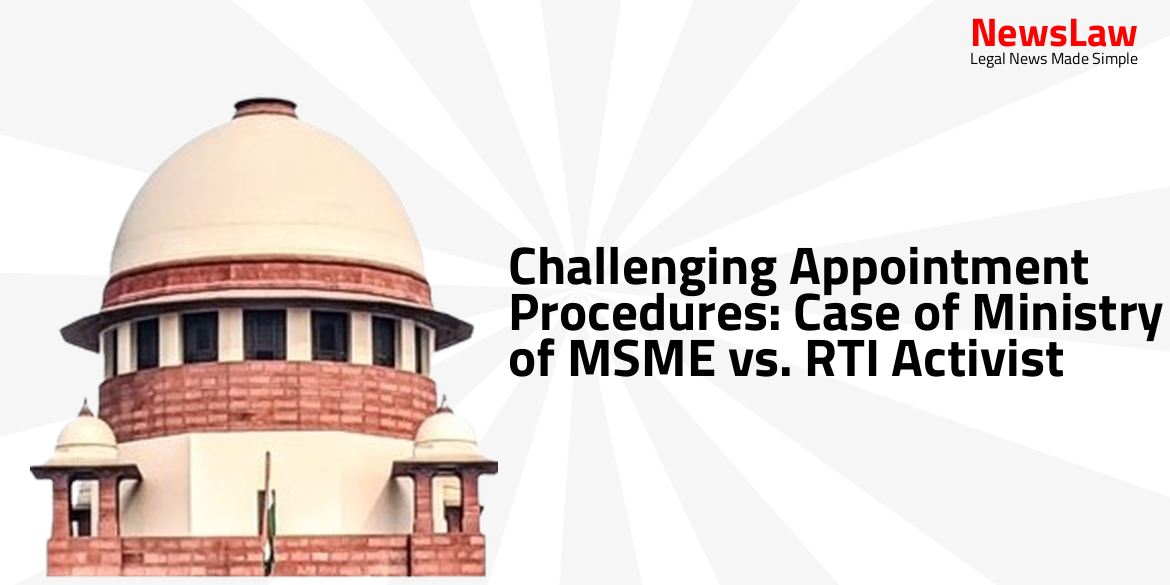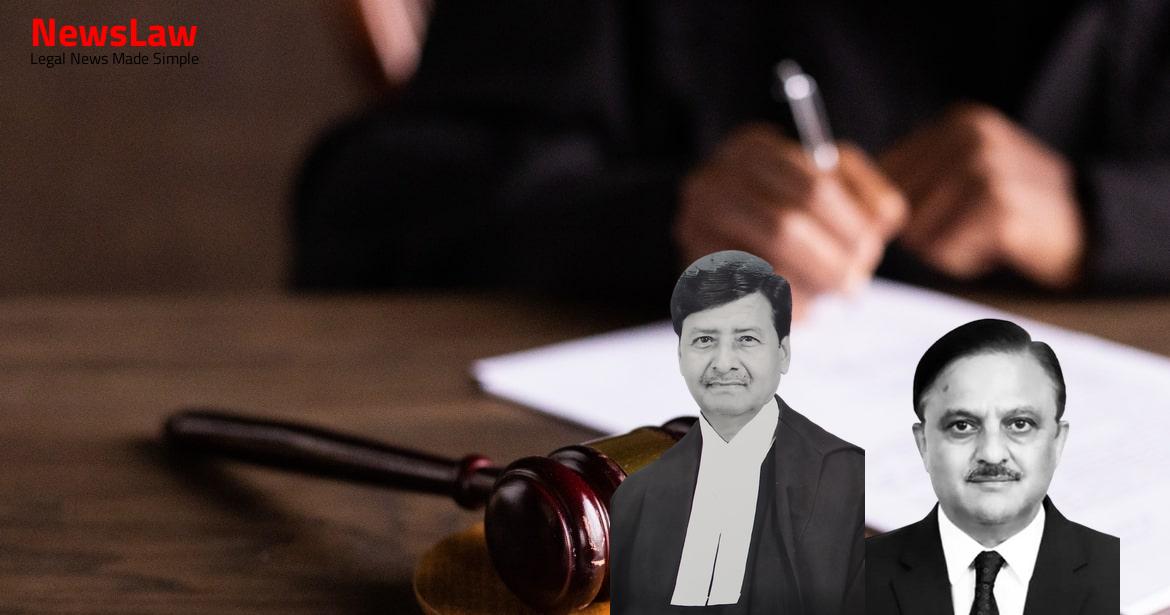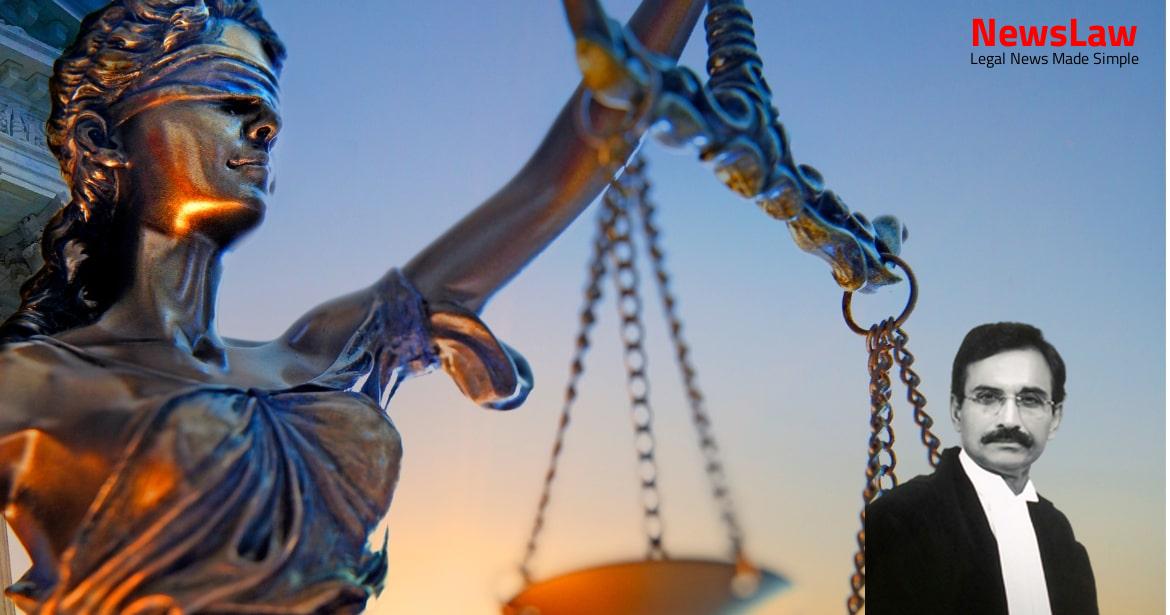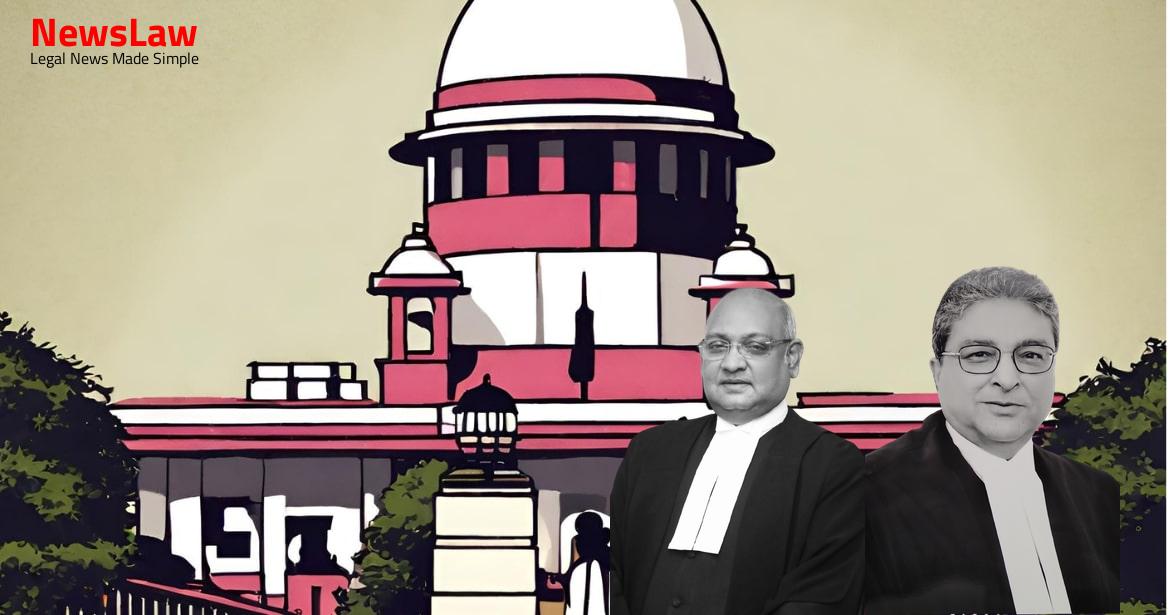In a recent ruling by the Delhi High Court, the case of Ministry of MSME vs. RTI Activist centered on challenging the appointment procedures followed by the Ministry. Highlighting the significance of eligibility criteria, the court’s decision underscores the need for transparency in public appointments. This case serves as a crucial reminder for upholding integrity in the appointment process.
Facts
- The court examined the eligibility criteria mentioned in Clause 5 of Annexure-1 of the Advertisement No K-01/20/2021-SME dated 11 July, 2023.
- It was found that the candidate, Dr. Subhransu Sekhar Acharya, did not fulfill the eligibility criteria specified in the Advertisement.
- The appointment of Dr. Subhransu Sekhar Acharya as Chairman-cum-Managing Director of NSIDC was thus declared invalid using the quo warranto remedy.
- The court highlighted the importance of adhering to eligibility criteria in public appointments to maintain transparency and integrity in the process.
Arguments
- The Petitioner, an Advocate and RTI Activist, challenges the appointment procedure followed by the Ministry of Micro, Small and Medium Enterprises.
- The Petitioner argues that the appointment of Respondent No.4 as Chief General Manager at NSIC was in violation of Clause 5 of Annexure-1 of the advertisement, as he did not meet the required length of service criteria.
- It is alleged that Respondent No.4 did not have the necessary two years of service in the eligible scale as of the date of the advertisement.
- The Petitioner claims that despite not meeting the eligibility criteria, Respondent No.4 was interviewed and appointed without obtaining clearance from the Central Vigilance Commission.
- The Petitioner filed complaints with the Cabinet Secretary and CVC regarding the matter, but no concrete action has been taken yet.
- The Union Minister of MSME, following the Petitioner’s complaint, recommended the cancellation of Respondent No.4’s appointment and proposed the appointment of another individual.
Analysis
- Public interest litigations (PILs) are not maintainable in service matters, as established by various judgments.
- In service matters, only non-appointees can challenge the legality of the appointment procedure.
- The purpose of administrative tribunals under Article 323-A is to ensure speedy disposal of service matters, and allowing PILs by strangers would defeat this purpose.
- The High Courts should dismiss PILs in service matters, as reiterated in various Supreme Court judgments.
- This view was strongly expressed in previous cases like Ayaaubkhan Noorkhan Pathan v. State of Maharashtra and Dattaraj Nathuji Thaware v. State of Maharashtra.
- The challenge to the 2016 Rules should not have been raised by the writ petitioner.
- The High Court erred in examining the validity of Rule 3(iii) proviso, Rule 3(iv) proviso, and Rule 4 as the writ petitioner was not competent to challenge the advertisements.
- Since the writ petition was not filed as a Public Interest Litigation (PIL), service jurisprudence dictates that PILs are not entertained in service matters.
- The Court finds no merit in the present writ petition
- The judgement is based on the facts and circumstances presented
- There is no legal basis for the claims made by the petitioner
- The decision is in line with the law and established principles
Decision
- The Court has dismissed the case.
- No opinion has been given on the merits of the issue raised in the petition.
Case Title: SADDAM ALI Vs. UNION OF INDIA & ORS. (2024:DHC:4659-DB)
Case Number: W.P.(C)-8373/2024



